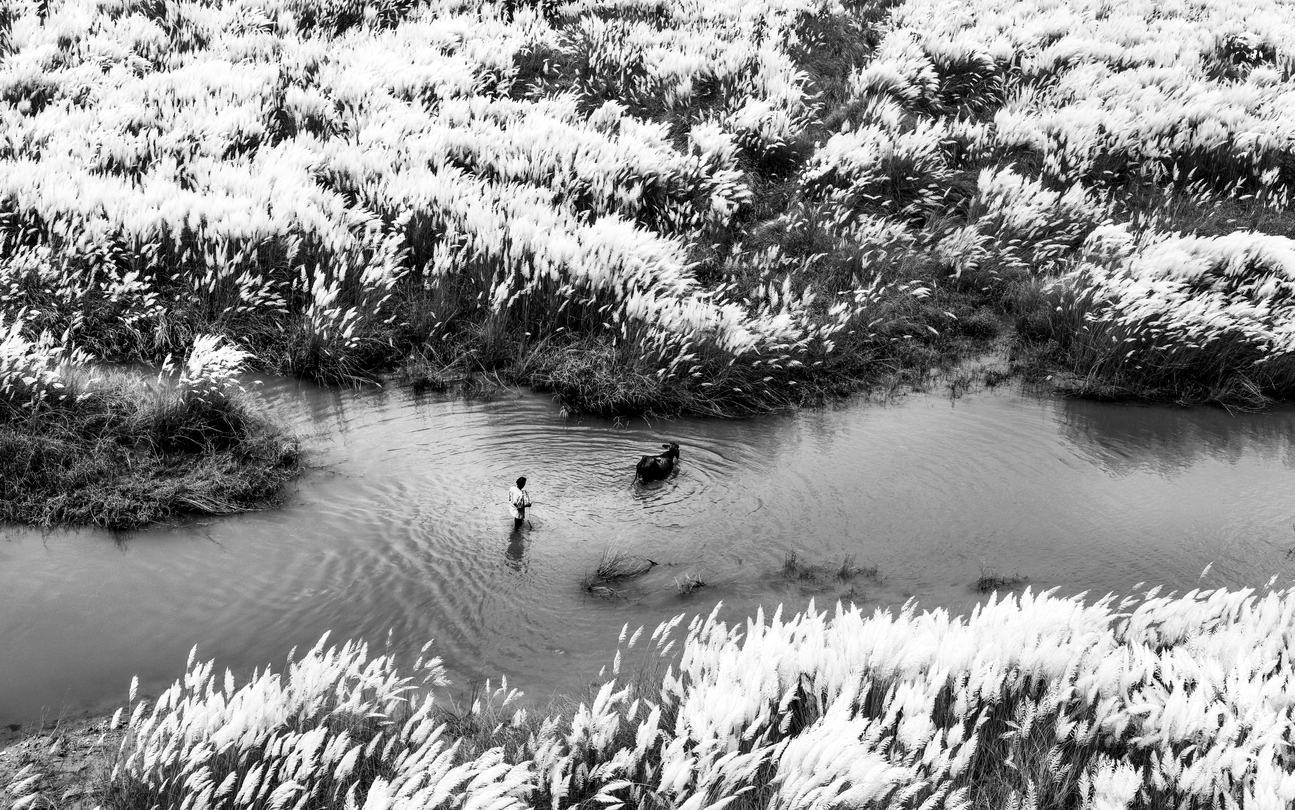Reproductive health and rights are an essential part of gender equality, and the link between climate change mitigation and gender equality is quite profound. With a parallel exercise of climate resilience and gender equity, we’ve seen mutually supportive outcomes in Kiribati and other countries. However, in Pakistan both Reproductive Rights and Climate Change seem to be on an indefinite backburner. The 2022 Pakistan floods have revealed to us the urgency of both these issues, and just how greatly climate change affects Sexual and Reproductive Health.

“In Pakistan both Reproductive Rights and Climate Change seem to be on an indefinite backburner.”
With transportation becoming more difficult than ever, women have been unable to get these check-ups, causing high risk and psychological distress during their pregnancies. Mothers are also concerned about their newborns being delivered in unfortunate conditions as children often experience stomach aches and viral infections, due to the lack of medicines and poor diet. Struggling to find ways to make things better for their children, mothers not only go through unusual amounts of stress but also overwork and compromise their health for their kids. Furthermore, these new-borns do not get vaccinated, nor do they have access to proper medical care.
As flood-affected areas are deprived of supplies and groceries, there are, naturally, no sanitation or menstrual hygiene products available for women. This affects their menstrual health as they are forced to turn to unhygienic ways. There is also a severe shortage of contraceptives like condoms and morning-after pills. Other contraception methods like the IUD, the injection, or the implant require a professional. This leads to more unprotected sex, resulting in unwanted pregnancies.
Furthermore, displaced women are forced to live in tented settings where they are exposed to high levels of gender-based violence and rape. In fact, women are often forced to trade sex for access to basic resources like water, firewood, rations, or toilets. Tented settings also mean that women are uncomfortable and feel unsafe while breastfeeding which leads to malnourishment in kids. Research shows that these malnourished kids are more prone to contagion than anyone else. With a lack of proper sanitation and the spread of water-borne diseases like cholera, many children die of infections as their immune system is not strong enough. Such is the case of Sakina, who lost her 2-month-old to sepsis after the floods. “I just wish I could have saved him,” she cried.

“I just wish I could have saved him,”
The 2022 floods have caused irreplaceable losses and irreversible damages. While the entire world stands with Pakistan and there has been outpouring of support in the form of donations and volunteers, we need much more assistance. Access to midwives, medical professionals, contraceptives, hygiene products, as well as postnatal care is important now more than ever. We must not abandon those in need and double our efforts so that some normalcy may return to their lives.
We need institutional and infrastructural reforms to avoid or minimize such losses during such a catastrophe in the future. However, we must not view climate change mitigation in isolation. For reforms that are truly equitable, they must be paired with reproductive justice and rights as it is an unfortunate reality that women are disproportionately affected by the consequences of such disasters.




